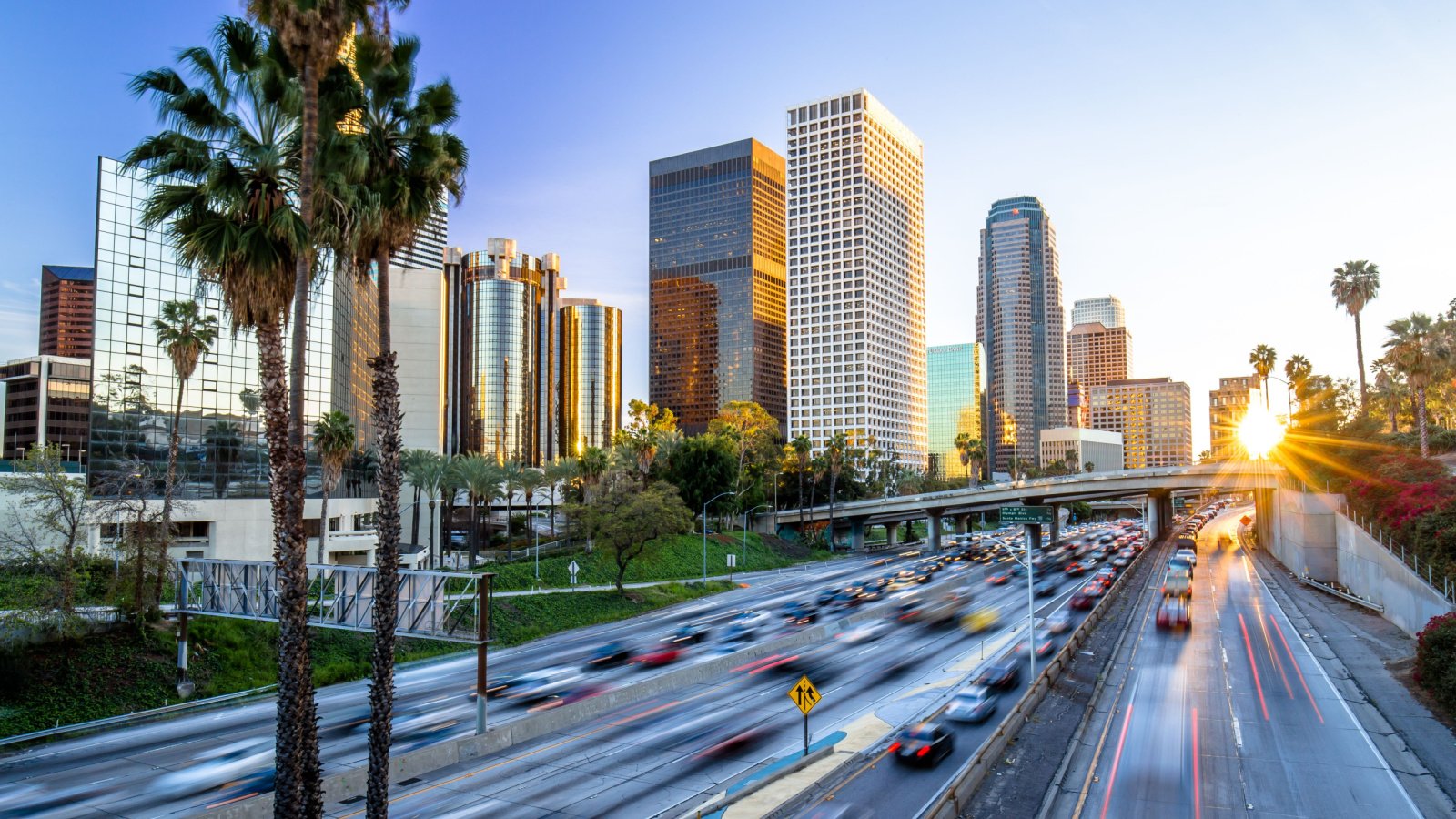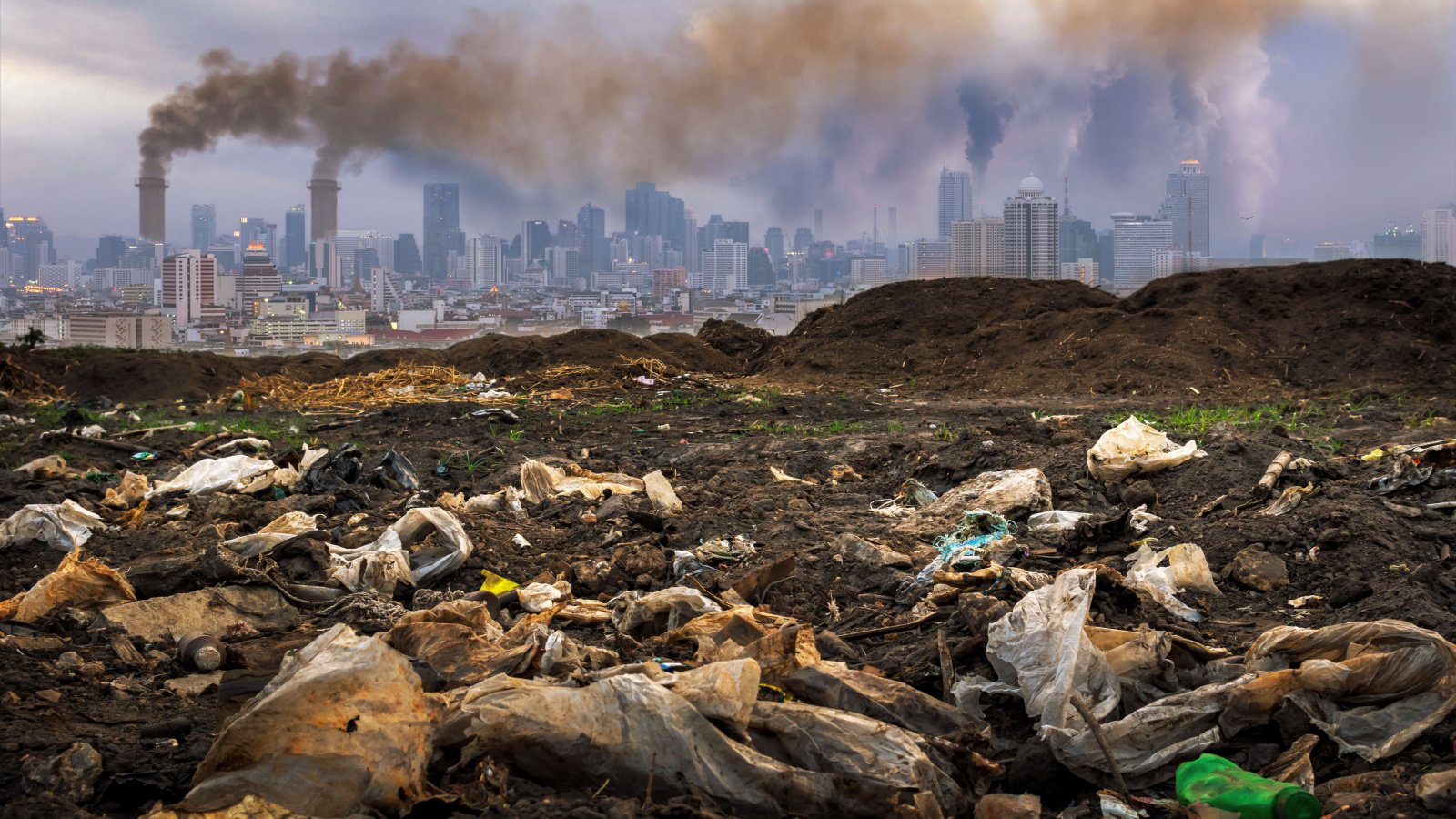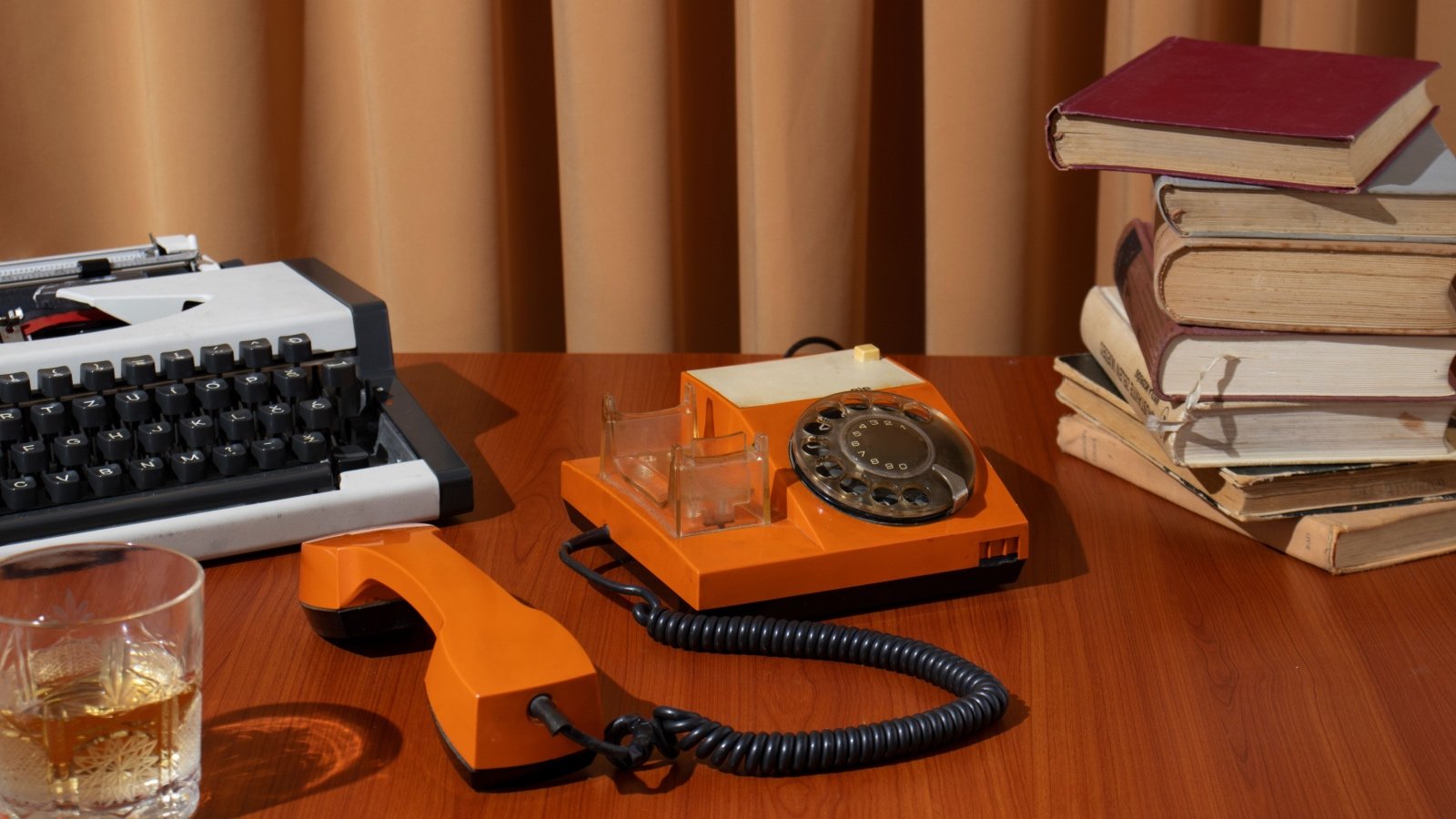Decades ago, you would come home after your 9-to-5, be greeted by your family, sit down for a well-rounded dinner, watch some TV, and retire to bed with a physical book. Today, the things that society once took for granted, such as free time, work-life balance, and affordable living, have become rare. Let’s take a look back at the way things were and how they’ve changed.
Privacy

Protecting personal information from data collectors and social networks requires specialized services and tools, turning privacy into a luxury. This evolution underscores the value of personal space in a hyper-connected world.
College Education

Over the last few decades, a college education has become a significant financial burden. Rising tuition fees and student loan debt have made higher education increasingly out of reach for many, rendering it a luxury.
In-Person Meetings

The convenience and cost-effectiveness of virtual meetings have made face-to-face interactions a luxury reserved for important occasions. This change underscores the impact of technology on professional interactions.
Long Vacations

Extended vacations were more common when job security and work-life balance were less strained. Modern work demands and limited paid leave have made long vacations a luxury that many cannot afford.
Organic Food

A few decades ago, most food was organically grown without the need for certification. Today, organic products are marketed as premium options, often at significantly higher prices than conventional produce. This change reflects increased awareness and demand for healthy, natural food options.
Handcrafted Goods

Mass production has replaced handcrafted goods in many aspects of life. Items made by hand are now seen as luxury products, often commanding high prices due to the craftsmanship involved. This shift highlights the value placed on unique, artisanal creations in a world dominated by uniformity.
Free Time

With the rise of demanding jobs and the expectation of constant availability, free time has become a luxury. The ability to disconnect and enjoy leisure activities is now often reserved for those who can afford to step back from their work obligations. This evolution underscores the pressures of modern work culture.
Personal Space

With urbanization and skyrocketing real estate prices, having ample personal space is now a luxury. Many people, especially in cities, live in small apartments where space is at a premium. Larger living spaces, once common, are now a symbol of affluence.
Quiet Environments

As urban areas expand and noise pollution increases, quiet environments have become a luxury. Silence, once taken for granted, is now often only found in more expensive, secluded areas. The constant hum of city life makes tranquility a sought-after and costly feature.
Clean Air

Today, with industrial pollution and urban smog, access to clean air is becoming a luxury. Areas with good air quality often see higher real estate values, highlighting the premium placed on this natural resource.
Manual Driving

Driving a manual transmission car was once a common skill and experience. With the advent of automatic transmissions and autonomous vehicles, manual driving is now considered a niche luxury, often associated with high-end sports cars.
Libraries

Public libraries, once bustling hubs of knowledge and community, have seen reduced funding and usage. In many areas, well-maintained libraries with extensive collections are now luxuries that few communities can afford. The shift towards digital media has made traditional libraries more of a rare, valued resource.
Clean Water

Access to fresh, clean water is increasingly seen as a luxury in many parts of the world. Environmental issues and overuse have made this once plentiful resource-scarce and valuable.
First Class Travel

First-class travel was once more accessible to a broader range of passengers. Today, the significant price difference between economy and first class makes it a luxury reserved for the affluent. This change reflects growing disparities in travel experiences based on income.
Personal Assistants

Hiring a personal assistant was once a common practice for busy professionals. Today, it is seen as a luxury service due to the high costs involved. The gig economy has made some aspects of personal assistance more accessible, but comprehensive personal support remains a luxury.
Domestic Help

Having domestic help for household chores was more widespread in the past. Rising wages and living costs have made hiring full-time domestic staff a luxury that fewer families can afford. This shift reflects changes in economic conditions and household management.
Custom Tailoring

Custom-tailored clothing was once standard for ensuring a proper fit. Today, it is considered a luxury due to the higher costs compared to off-the-rack options. The appreciation for bespoke tailoring reflects a desire for personalized, high-quality apparel.
Reading Physical Books

The rise of ebooks and audiobooks has made owning and reading physical books a luxury for those who appreciate the tactile experience. This shift reflects changes in how we consume literature.
Landline Telephones

Two decades ago, a landline was a household staple, not a sign of luxury. Nowadays, with the prevalence of smartphones, maintaining a landline has become an added expense that many consider unnecessary.
Cable Television

In today’s world of streaming services, having a comprehensive cable package is often seen as a costly luxury. Many households now opt for cheaper, more flexible streaming options, making traditional cable a premium choice.
Fresh Milk Delivery

Fresh milk delivery to homes was a common service decades ago. Modern refrigeration and supermarket chains have largely replaced this service, turning it into a nostalgic luxury. This change highlights the evolution of food distribution and preservation methods.








